Looking & Feeling Good in Your Body
Understanding Obesity
Big Portions, Big Problems
Discrimination & Prejudice
Emotions & Eating
Exercise for Fitness & Weight Loss
Fast Food & the Obesity Epidemic
Health Issues Caused by Obesity
Looking & Feeling Good in Your Body
Nature & Nurture: The Causes of Obesity
No Quick Fix: Fad Diets & Weight-Loss Miracles
Surgery & Medicine for Weight Loss
Looking & Feeling Good in Your Body
Joan Esherick
Mason Crest
Mason Crest
450 Parkway Drive, Suite D
Broomall, PA 19008
www.masoncrest.com
Copyright 2015 by Mason Crest, an imprint of National Highlights, Inc. All rights reserved. No part of this publication may be reproduced or transmitted in any form or by any means, electronic or mechanical, including photocopying, recording, taping, or any information storage and retrieval system, without permission from the publisher.
Printed in the United States of America.
Series ISBN: 978-1-4222-3056-5
ISBN: 978-1-4222-3063-3
ebook ISBN: 978-1-4222-8846-7
Cataloging-in-Publication Data on file with the Library of Congress.
Contents
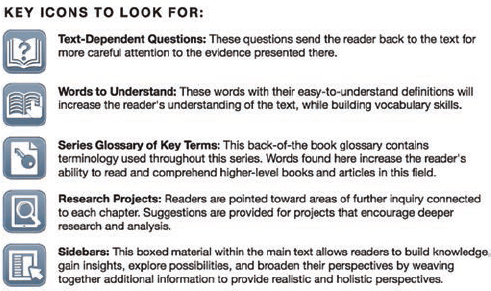
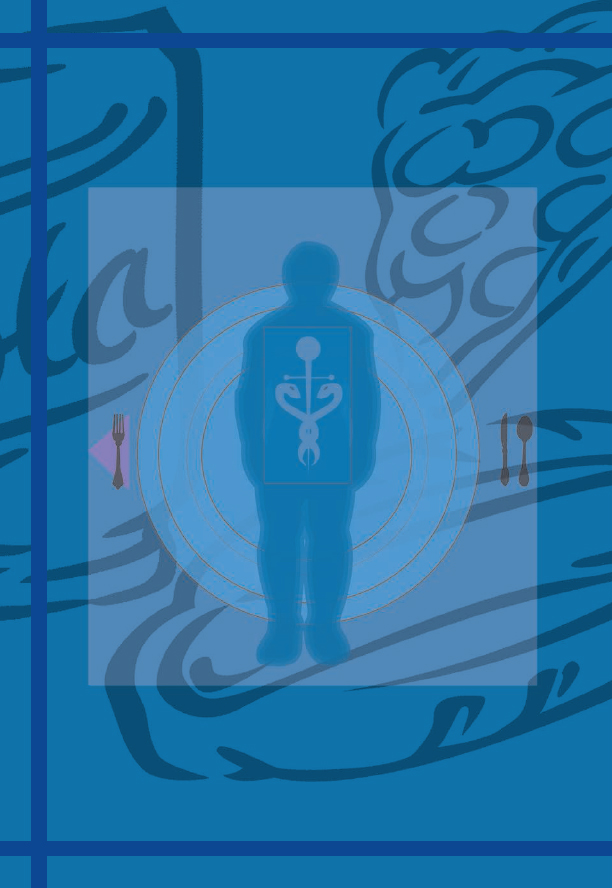
We as a society often reserve our harshest criticism for those conditions we understand the least. Such is the case with obesity. Obesity is a chronic and often-fatal disease that accounts for 300,000 deaths each year. It is second only to smoking as a cause of premature death in the United States. People suffering from obesity need understanding, support, and medical assistance. Yet what they often receive is scorn.
Today, children are the fastest growing segment of the obese population in the United States. This constitutes a public health crisis of enormous proportions. Living with childhood obesity affects self-esteem, employment, and attainment of higher education. But childhood obesity is much more than a social stigma. It has serious health consequences.
Childhood obesity increases the risk for poor health in adulthood and premature death. Depression, diabetes, asthma, gallstones, orthopedic diseases, and other obesity-related conditions are all on the rise in children. Over the last 20 years, more children are being diagnosed with type 2 diabetesa leading cause of preventable blindness, kidney failure, heart disease, stroke, and amputations. Obesity is undoubtedly the most pressing nutritional disorder among young people today.
This series is an excellent first step toward understanding the obesity crisis and profiling approaches for remedying it. If we are to reverse obesitys current trend, there must be family, community, and national objectives promoting healthy eating and exercise. As a nation, we must demand broad-based public-health initiatives to limit TV watching, curtail junk food advertising toward children, and promote physical activity. More than rhetoric, these need to be our rallying cry. Anything short of this will eventually fail, and within our lifetime obesity will become the leading cause of death in the United States if not in the world.
Victor F. Garcia, M.D.
Founder, Bariatric Surgery Center
Cincinnati Childrens Hospital Medical Center
Professor of Pediatrics and Surgery
School of Medicine
University of Cincinnati

Words to Understand

legitimate: Reasonable, fair, acceptable.
Media Messages and
Big Fat Lies

Ladies Home Journal named her one of the Most Fascinating Women of the Year. People magazine picked her as one of the Most Intriguing People of the Year and included her on one of its 10 Best Dressed lists in 1999. She won the 1998 E! Golden Hanger Award for female fashion breakthrough; the 1998 Emmy Award for Best Supporting Actress; the 1999 Golden Globe Award for Best Supporting Actress; and the 2000 Genii Award for best television in the American Women in Radio and Television category. Glamour magazine named her as one of their Women of the Year. Can you guess who this acclaimed American actress might be?
Contrary to what you might expect, she is not Jennifer Aniston, Julia Stiles, Demi Moore, Meryl Streep, Nicole Kidman, Meg Ryan, Jennifer Lopez, Kirsten Dunst, Cameron Diaz, Mary-Kate Olson, Ashley Olson, Courtney Cox, Julia Roberts, or Halle Berry. Shes not even thin. In fact, her New York Times best-selling book is titled Wake Up, Im Fat! (Broadway Books, 1999). Who is this award-winning artist? Her name is Camryn Manheim.
Camryn Manheim isnt just an award-winning television actress and author. She has a masters degree from New York Universitys Acting Program; shes performed on and off Broadway; shes acted in films; shes produced films; shes advocated for the rights of people with disabilities; shes served on the board of the American Civil Liberties Union (ACLU); and shes one of Americas most vocal supporters of the size-acceptance movement. Camryn Manheim is a plus-size woman working in an industry that applauds anorexic thinness, but she found her niche and learned that she has much to contribute to this world. And the world is better for it.
But the world might never have known this talented actress or her passionate advocacy on behalf of those with disabilities.
As a teenager or young adult, Camryn Manheim could have looked in the mirror and decided, as many of us do, that she was too big or too ugly to make it in this world, especially as an actress in Hollywood, the land of pretty people. Thankfully, she didnt. She saw beyond the image in the mirror to the gifted, strong, passionate woman she was. Her journey of self-acceptance allowed her ultimately to pursue her dreams and impact those around her, and those around the world, in ways she might never have imaginedin much more important ways than being just another pretty face on the television screen. What was the key? She realized she had something worthwhile to offer, even if her body type didnt match the cultural image of a movie star. She saw herself as worthwhile and significant just the way she was.
 Media Messages and Big Fat Lies
Media Messages and Big Fat Lies
Have you ever wished you could be someone else? Have you ever looked into the mirror and thought if only: if only I had thicker hair; if only I had a smaller nose; if only I had clear skin, or less freckles, or a thinner face. Or have you looked at another person and thought, I wish I was as smart and athletic as he is, or, If I grew up in her family, I could be somebody, too. If youre like most of us, you have. Weve all wished to be someone else at some time in our lives. Sometimes we long to be different because of hardships we face at home or the desire to do greater good in this world. Many of us, however, are dissatisfied with ourselves because weve fallen prey to media messages that define importance and value as belonging only to ultrathin, ultrarich, ultrasuccessful, airbrushed beauties.

Next page
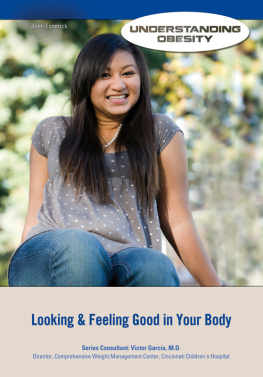
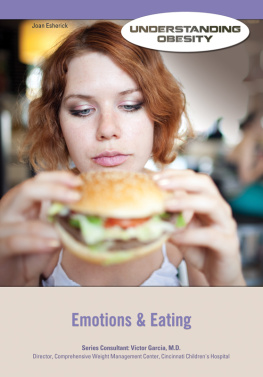

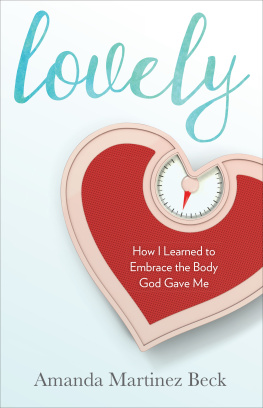
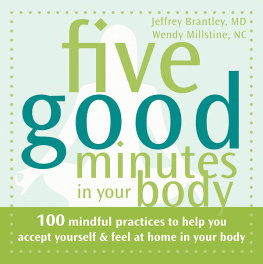
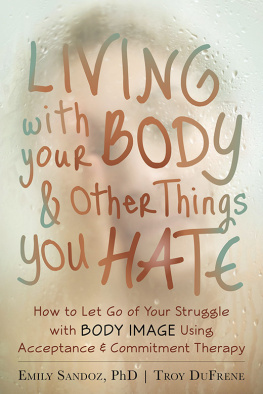
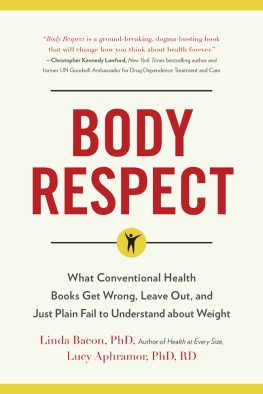

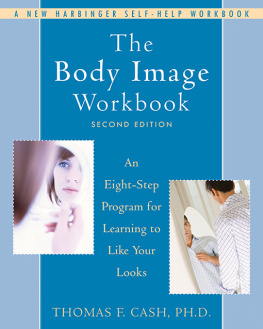





 Media Messages and Big Fat Lies
Media Messages and Big Fat Lies